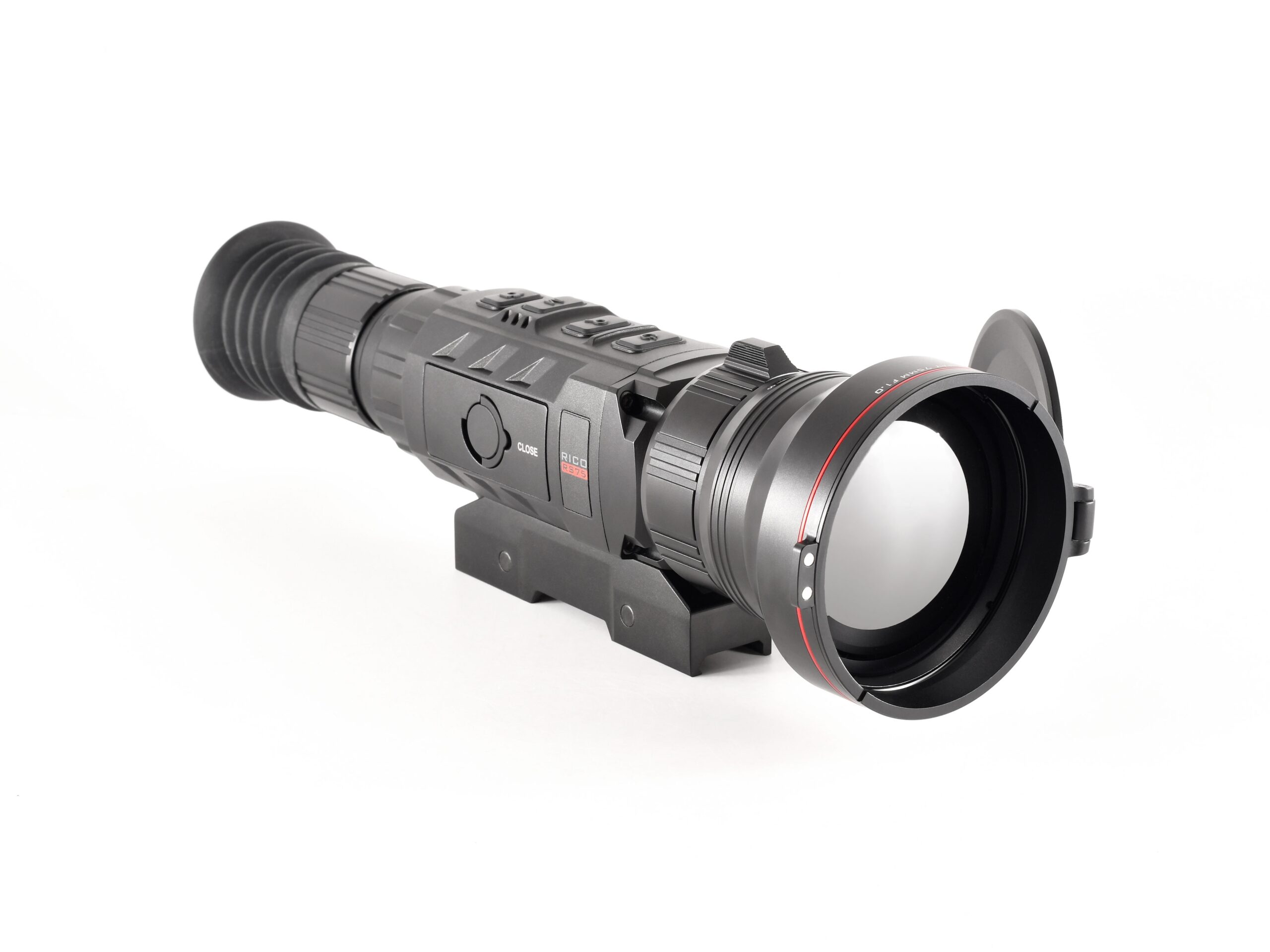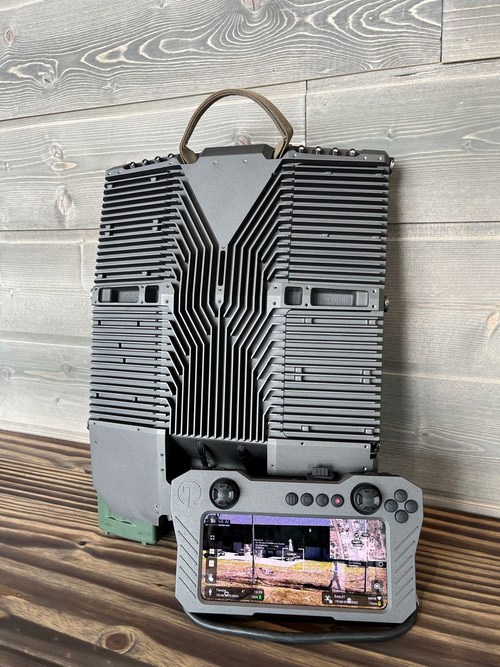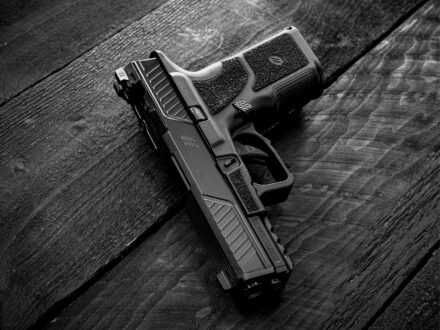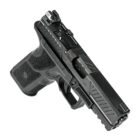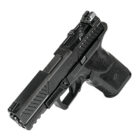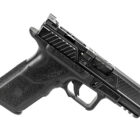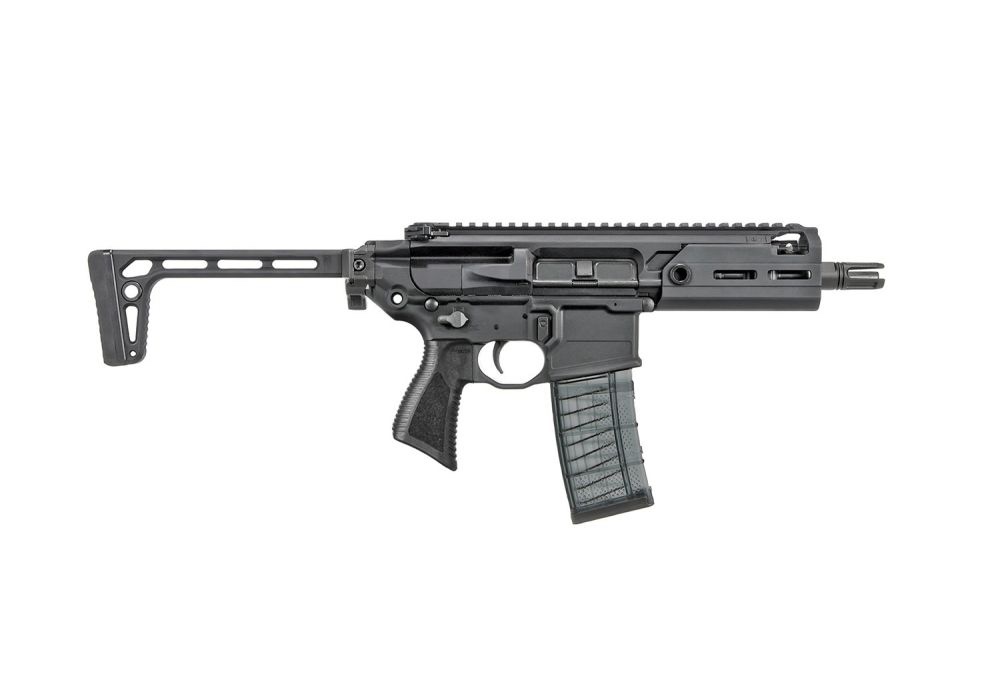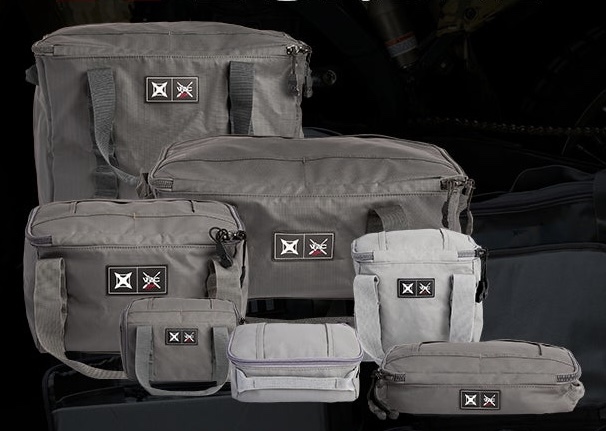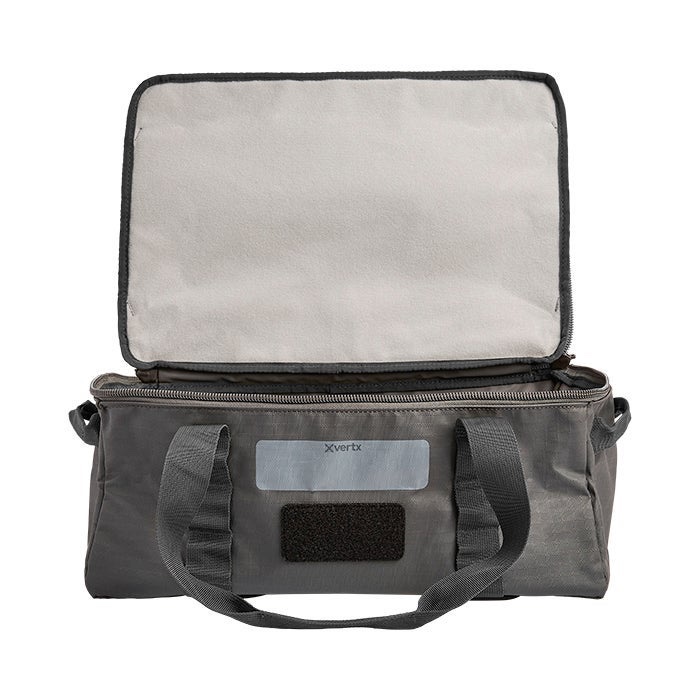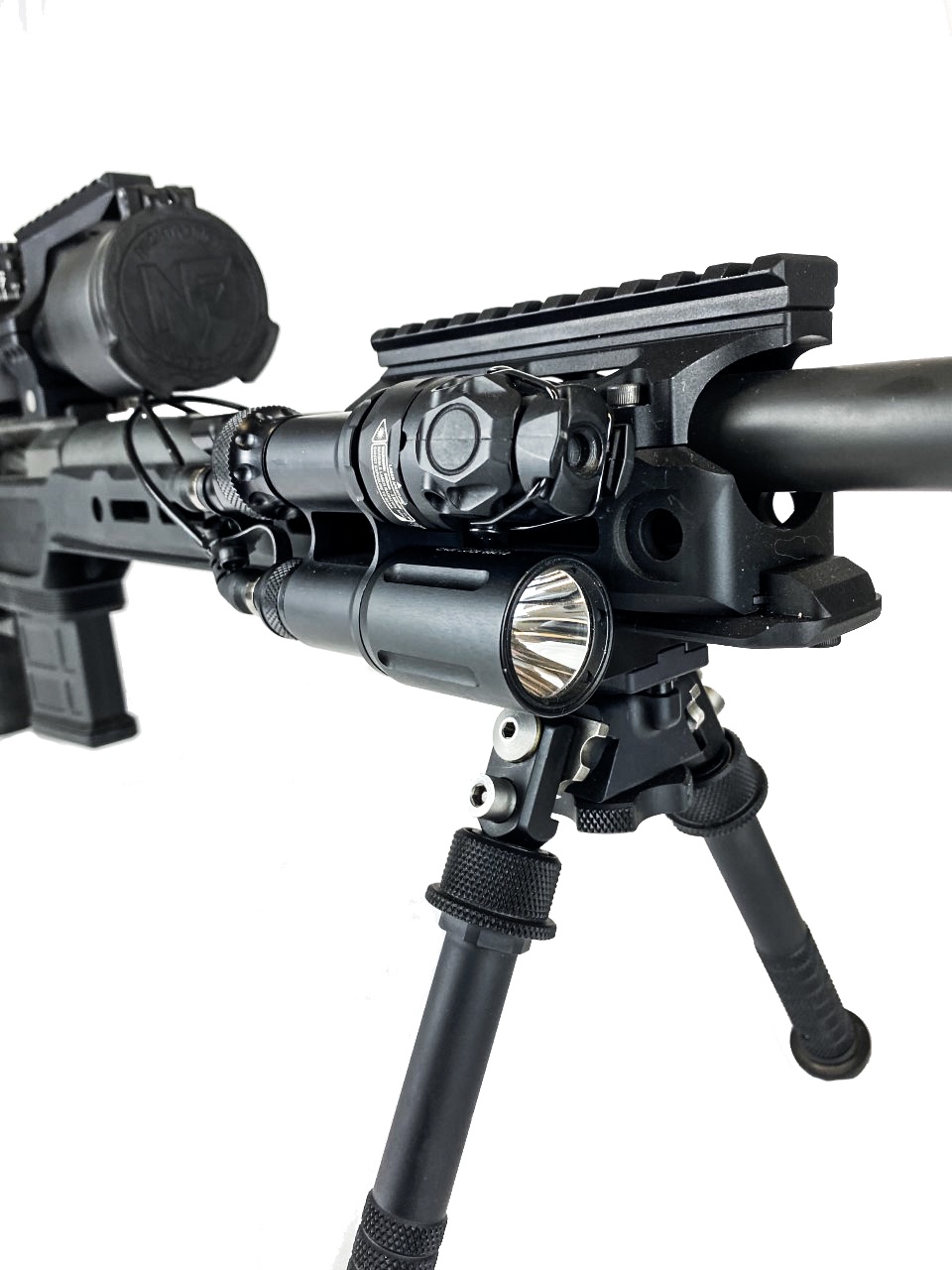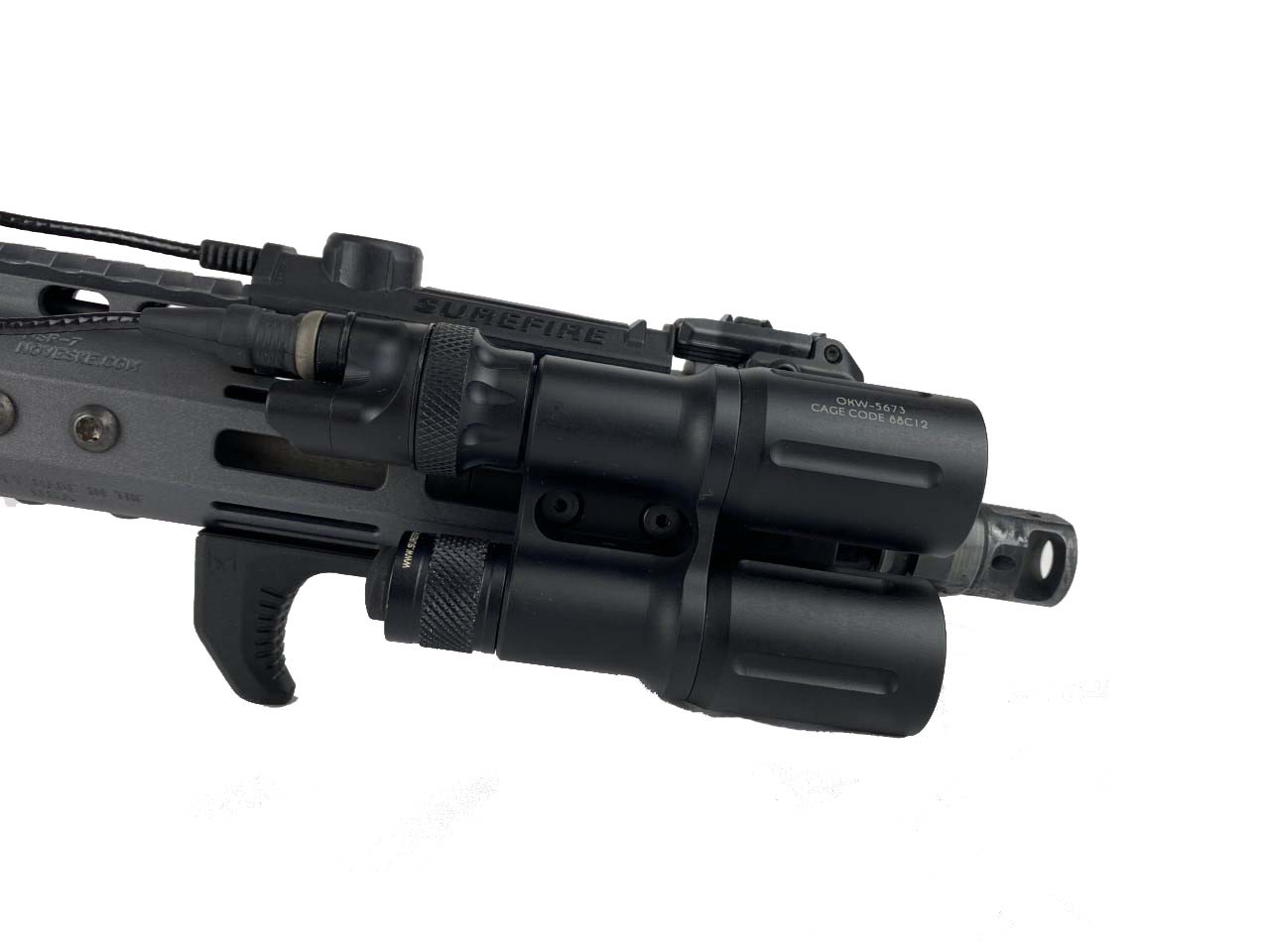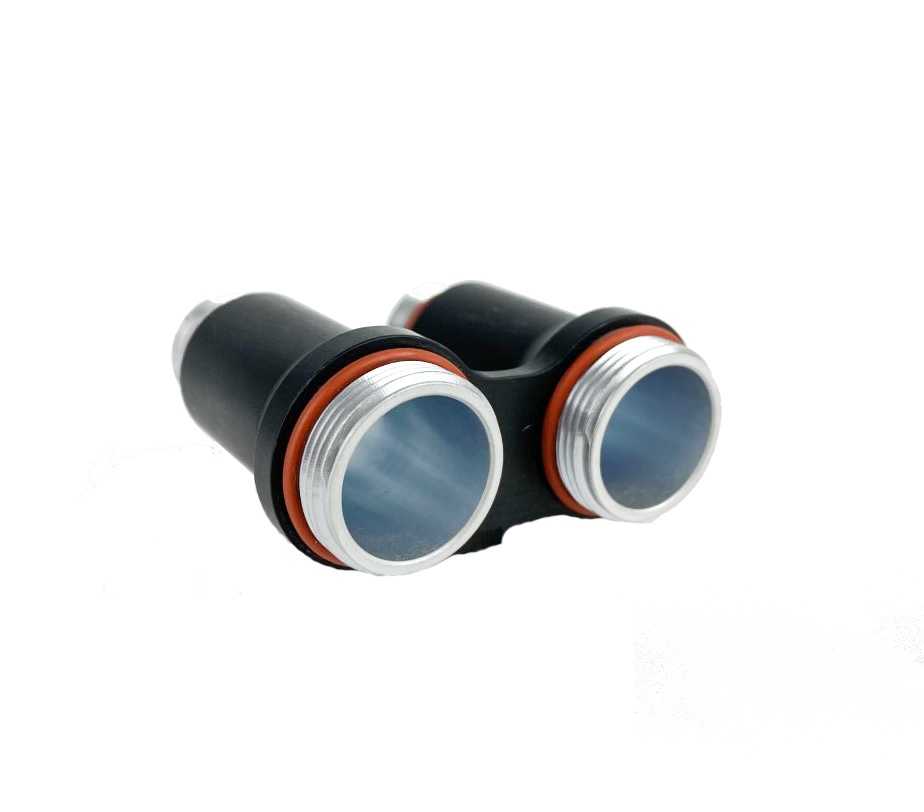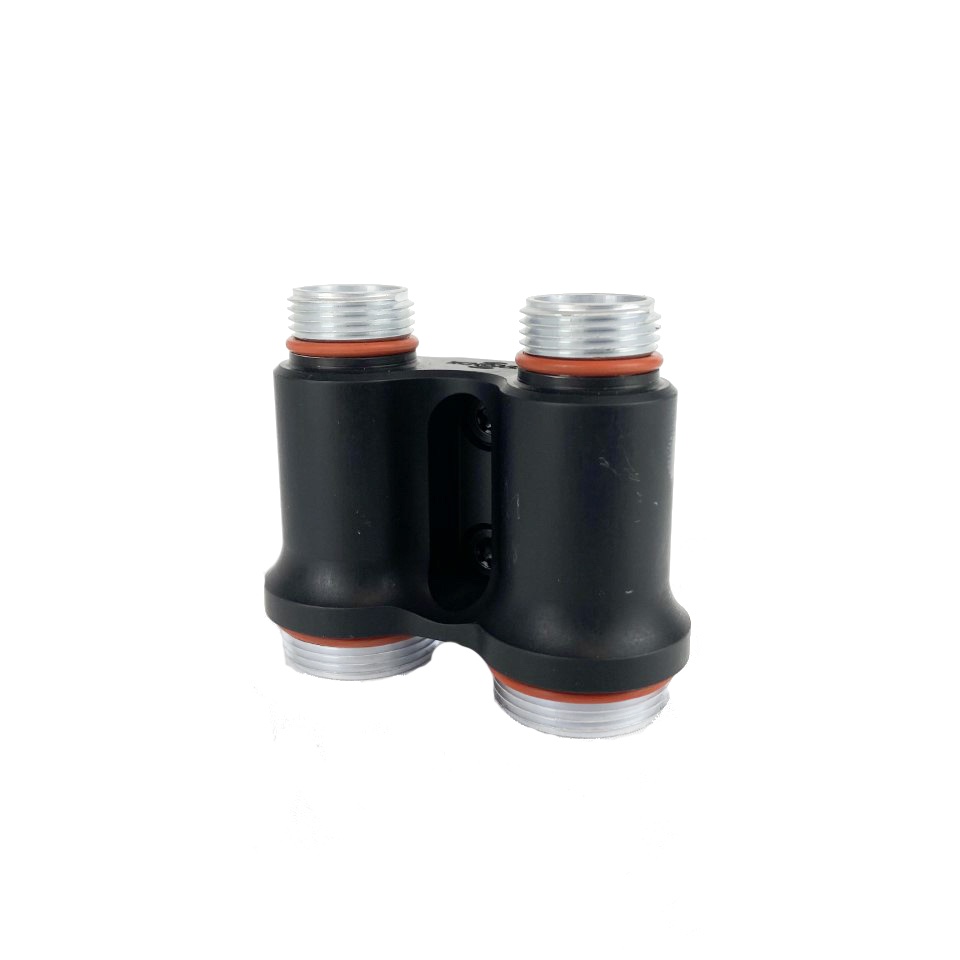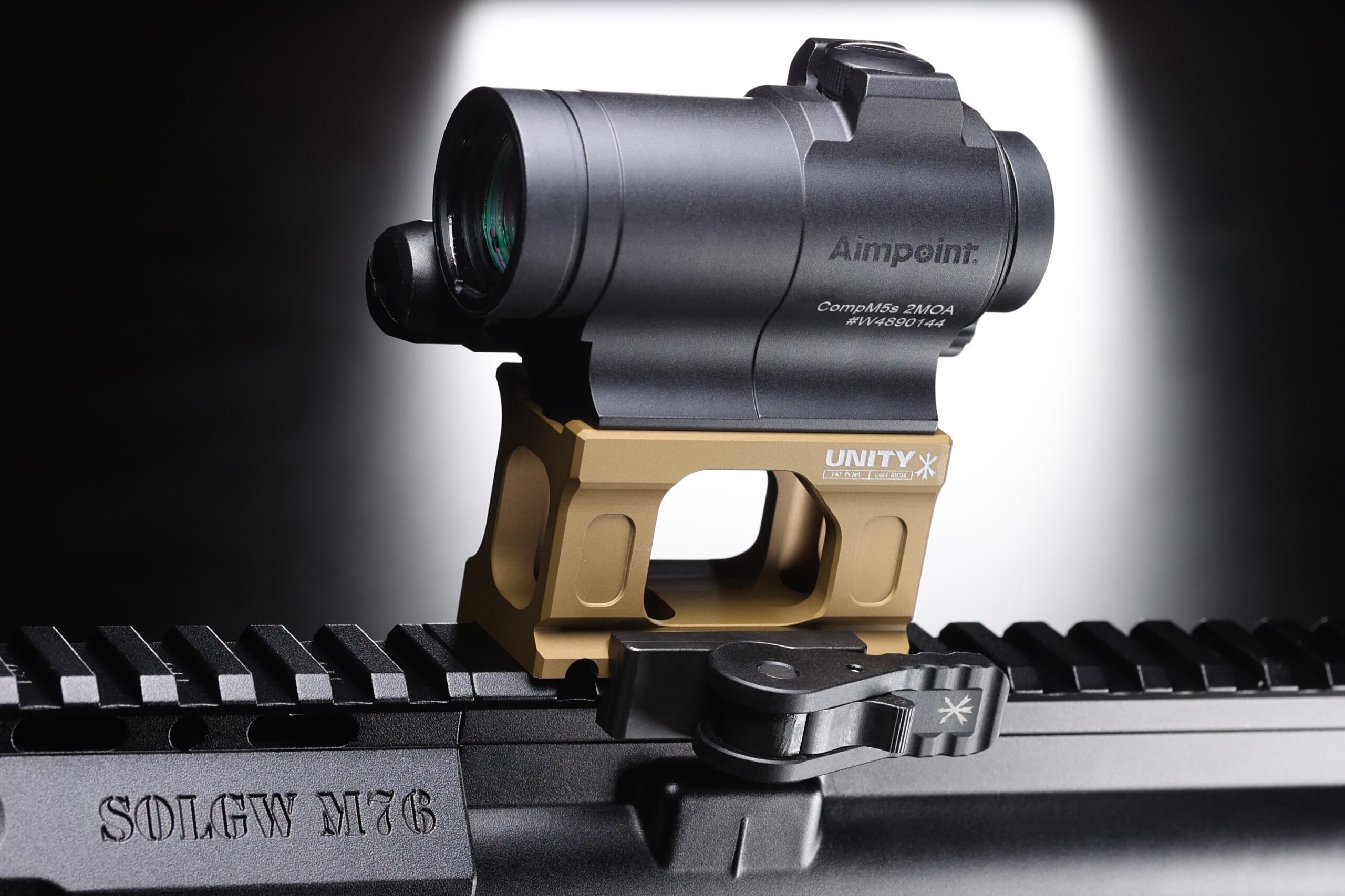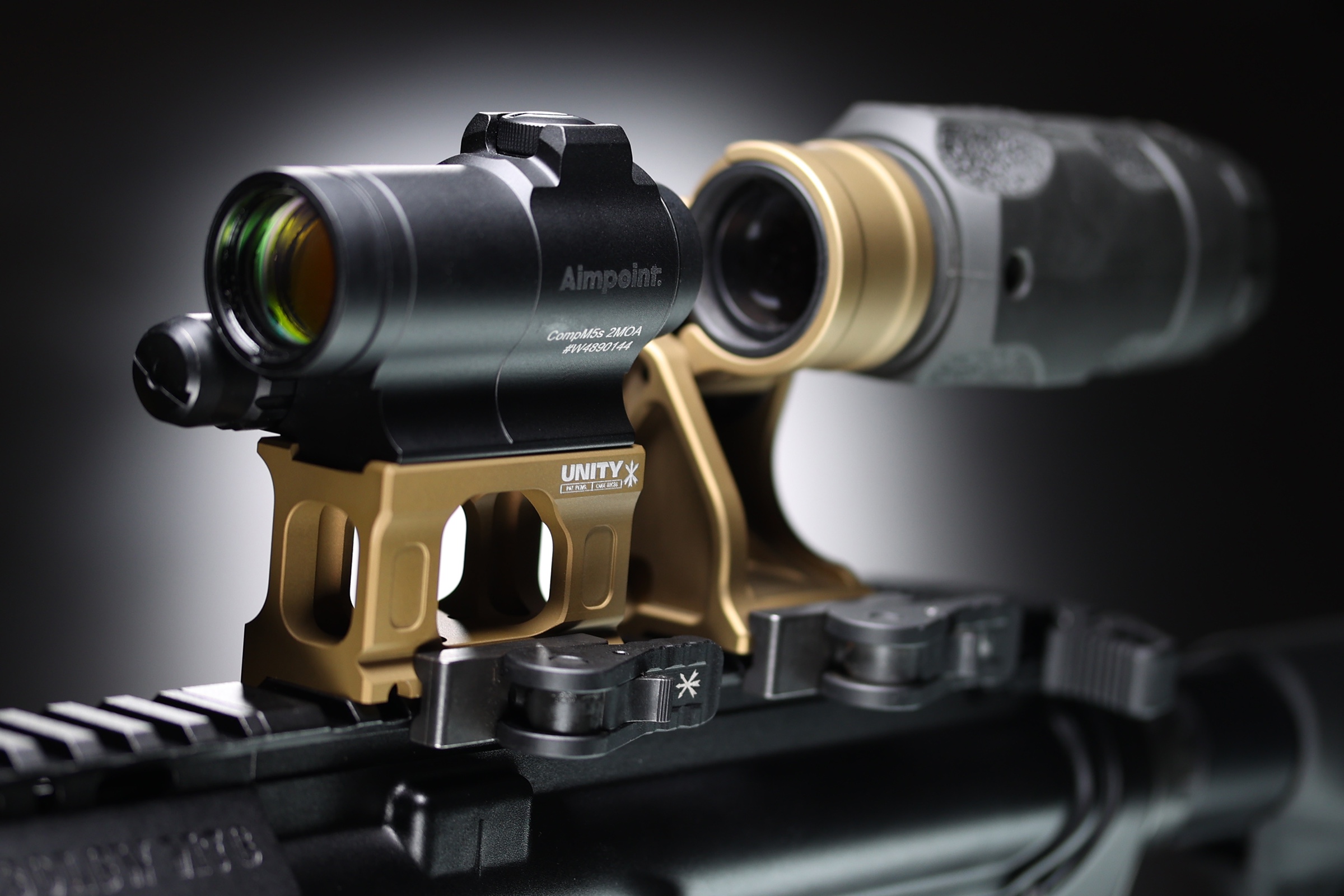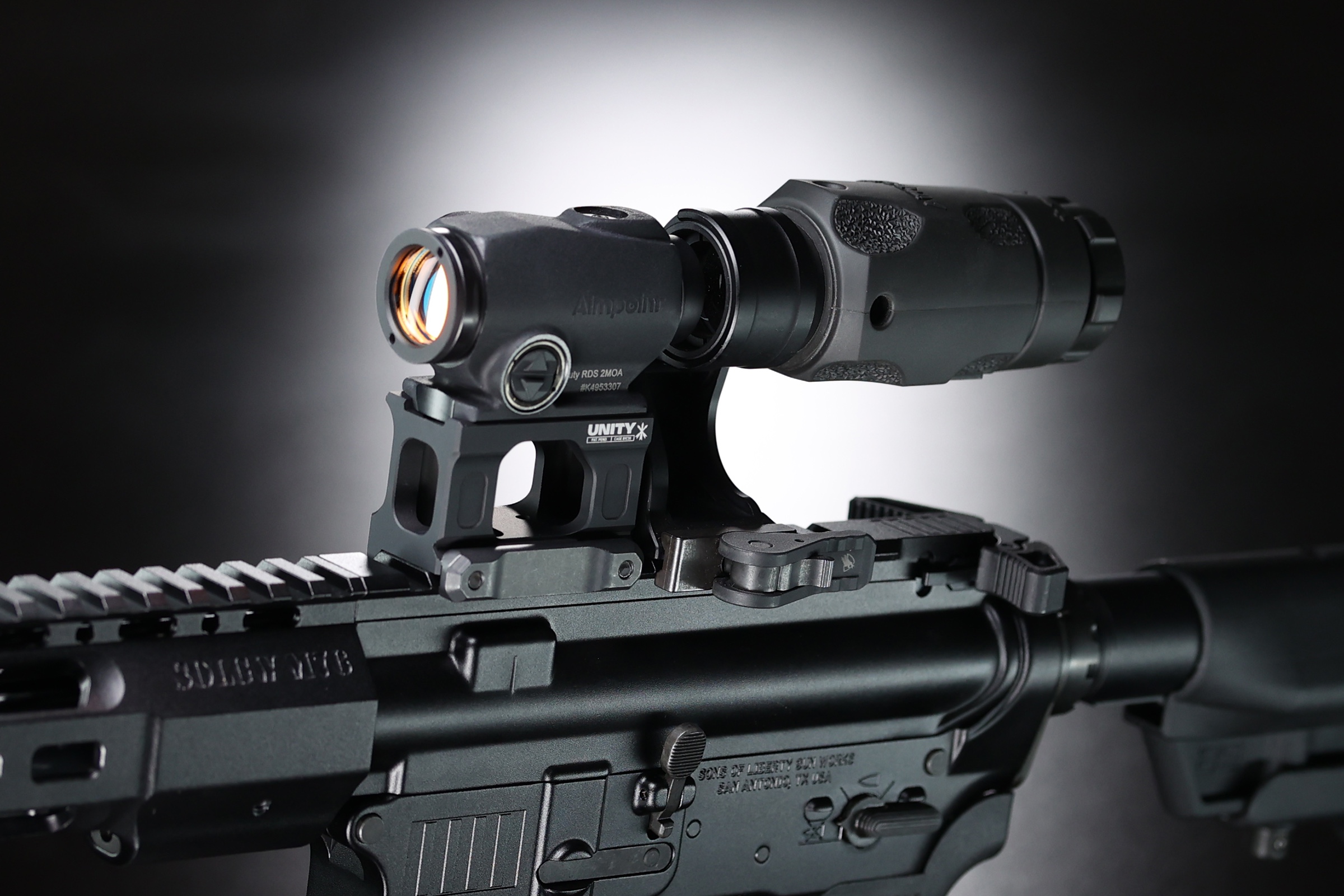San Antonio, Texas (September 16, 2022) – A specific barrel batch in caliber 6.5×55 SE, which is used in the SAUER 100 model, is being recalled as a precautionary measure. The rifles in question, that we have identified based on their serial numbers, must not be used any longer and should be returned to SAUER USA in exchange for a new rifle. This batch of barrels in caliber 6.5×55 SE has shown that a progressive premature weakening of the barrel material may occur after a high volume of shots, which could lead to severe damage of the rifle and personal injury. The exchange is, of course, free of charge for the customer.
You can check which rifles are affected by the recall by plugging in the serial number of your rifle at the following link:
SAUER Recall
Please reach out to Sauer USA at recall@blaser-group.us or (210) 377-2527 ext. 243 if you have any questions. For Canada residents, please contact The Gravel Agency Inc. at csr@gravelagency.com.


